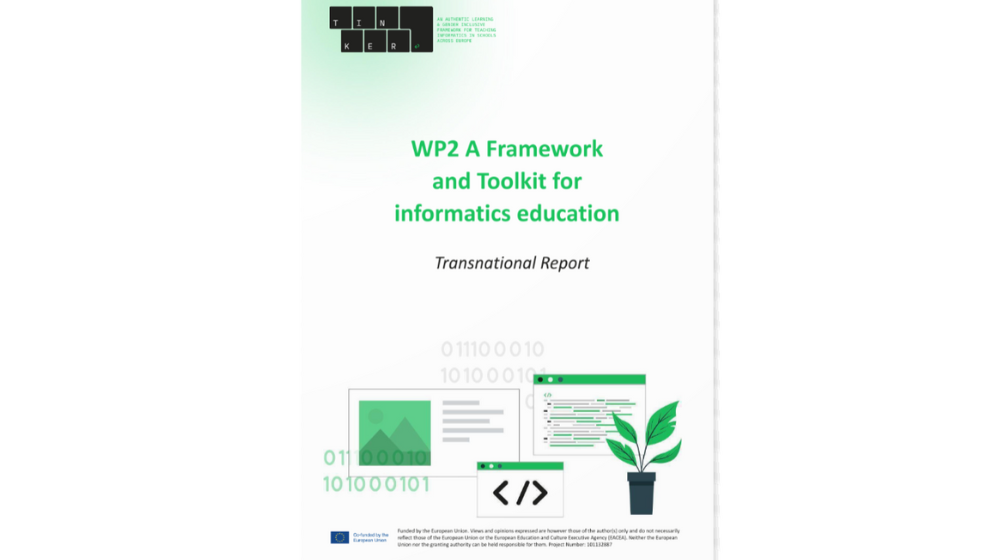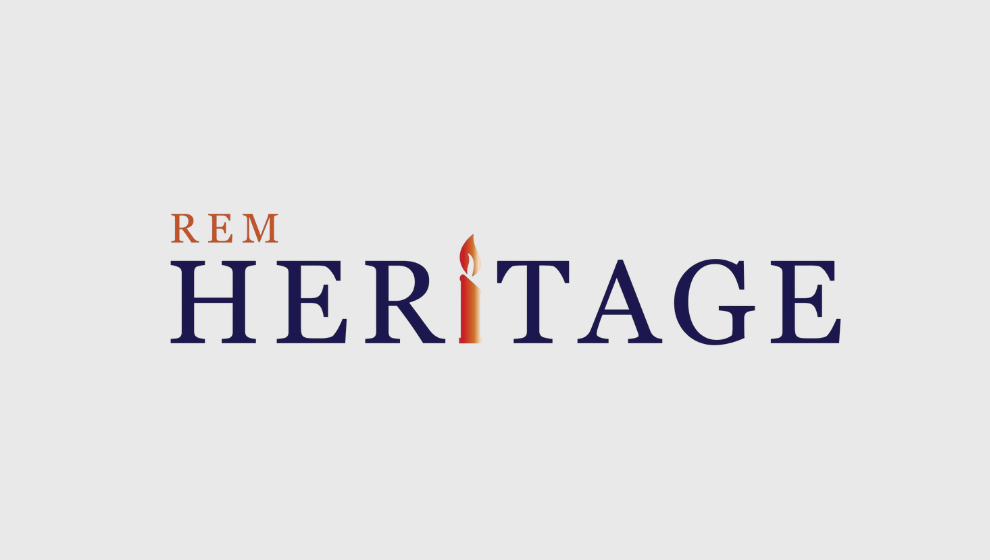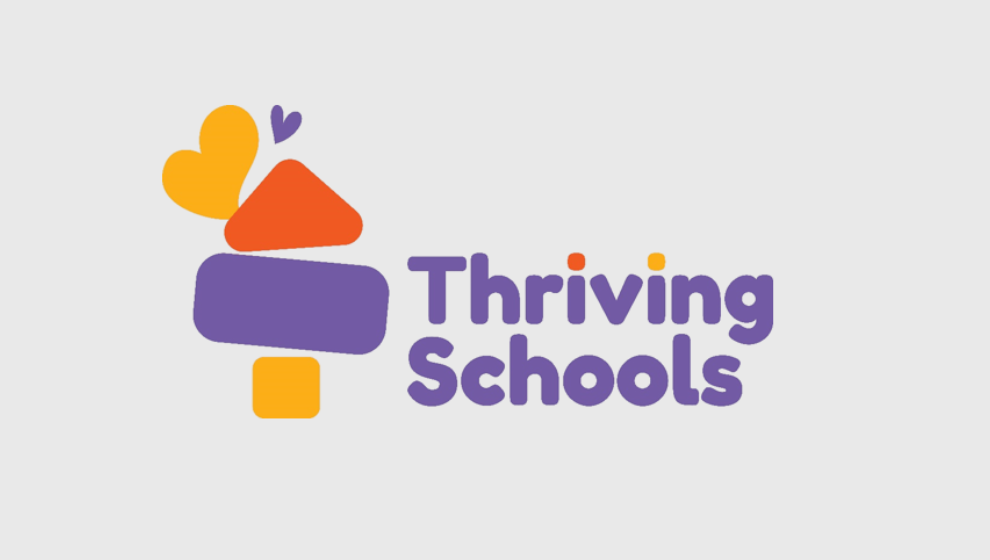TINKER: New Transnational Report Highlights the State of Informatics Education Across Europe

The TINKER project has released its Transnational Report on State-of-the-Art and Needs, providing a comparative analysis of informatics education across six European countries: Cyprus, Greece, Ireland, the Netherlands, Croatia, and Italy.
The report explores key themes such as the current status of informatics education, the implementation of authentic learning methodologies, and gender inclusion practices within educational systems. Complementing this, individual national reports offer deeper, country-specific insights into educational structures, challenges, and opportunities.
This resource is an important step toward fostering more inclusive, engaging, and future-ready informatics education across Europe.
TINKER Project aims to revolutionise informatics education in upper primary and lower secondary schools through a comprehensive pedagogical framework. Rooted in authentic learning principles, the project encourages students to engage with real-life tasks, promoting exploration and intentional connections between theoretical knowledge and practical experiences. Additionally, the project aims to address and overturn the severe underrepresentation of women and gender minorities in the field, by adopting a progressive gender-inclusive stance. In particular, it will promote gender-inclusive teaching practices creating positive student-centred environments that celebrate diversity.
Learn more about the project by visiting the project’s website here.
Read the full report here.
Website
https://tinker-project.eu/Target Groups
Teachers, Students, School leaders, School staff, Academics, Researchers, Professionals, Policy makers, TrainersEducation Level
Primary education, Secondary


